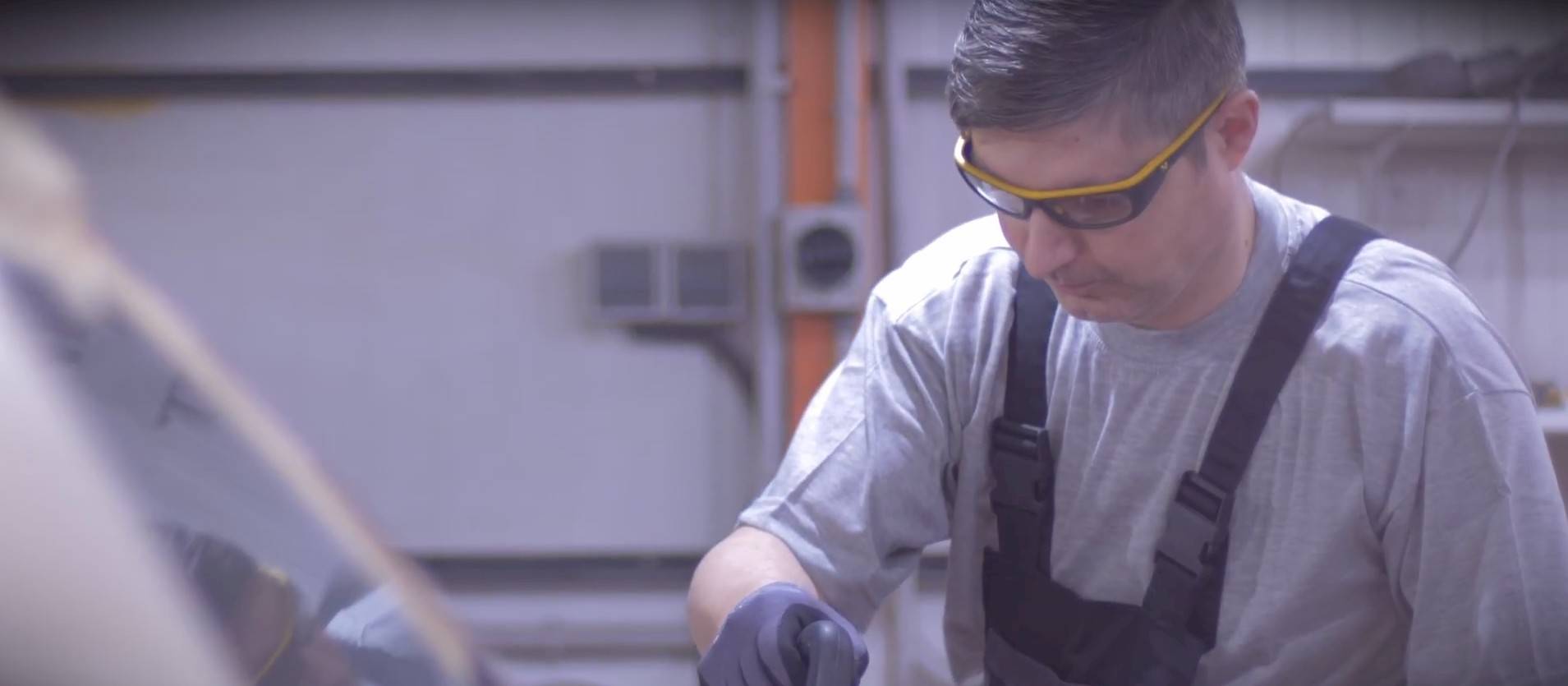
High quality dioptric safety spectacles
Don’t rely on your own prescription glasses to protect your eyes from injury. Wearing flawlessly made dioptric safety glasses will help prevent all potential hazards. Special glasses are needed to protect your eyes from many types of workplace hazards. The right goggles will also provide complete protection against damage caused by mechanical, optical, dust, gas, vapour and chemical hazards.
Of course, workers not only need to protect their eyes, they also need to have perfect vision to do their job properly. However, traditional dioptric glasses cannot be used comfortably with general safety glasses – we provide a solution to this problem with our high quality corrective and dioptric safety glasses.
Good safety eyewear is not only comfortable to wear, but also provides the perfect protection for your eyes. First and foremost, it is important to thoroughly investigate the working conditions and identify the source of the hazard. To find the right goggles, you need to take into account the conditions at the workplace: lighting conditions, local conditions (indoor or outdoor) and temperature. Of course, when selecting and manufacturing the equipment, it is also essential to pay attention to the legal requirements!
Occupational safety spectacle lenses - provide protection and improve vision
The types and designs of lenses we can recommend depend primarily on the nature of the eye’s visual problem. We can make single-focus, bifocal or even multifocal lenses, with different coatings and tints, in plastic or tempered glass materials. Dioptric goggles must not only be effective in enhancing the visual experience, they must also comply with standards and regulations, which is why we manufacture these products with the utmost care and expertise. We offer affordable and flexible solutions, which we can provide on-site, tailored to your individual needs.
How do I order diopters?
Our dioptric safety glasses offer
What makes a good quality pair of goggles?
Each pair of safety glasses is designed to protect the wearer’s eyes from any hazards that may occur in the workplace. That’s why each product has to undergo a very rigorous testing process to ensure that it works as intended. Only properly labelled goggles can be used as safety goggles, as only then can we be sure that they offer complete protection against potential effects. Simple or dioptric safety spectacles that meet the S or F safety standards also provide mechanical protection. This means that they can protect the eyes from a steel ball with a diameter of 6 mm impacting at 12 m/s (S) or 45 m/s (F).
Lens coatings for safety spectacles
Safety spectacles can be fitted with a variety of protective coatings if required. The most common of these are anti-scratch coatings, which primarily increase the life of the goggles, and anti-fog coatings, which help to maintain a high level of visual comfort by preventing condensation on the goggle surface.


Tinted goggle lenses
As with computer safety goggles for working in front of a monitor, we use a variety of tinted safety goggle lenses for other types of safety eyewear. The lenses can be permanently, i.e. coloured from the outset, and within this you can choose between different degrees of tinting depending on how dark you want the lens to be.
When are tinted goggles recommended?
For traditional use, a simple colourless field of vision colour is used, while if the worker needs to see perfectly in twilight conditions without bright lights, a yellow lens is used. Slightly tinted lenses are optimal when the worker is working both indoors and outdoors, i.e. when the lighting conditions change frequently. A lightly tinted lens helps the eye to adapt and provides good visual conditions even in such situations. To protect the eyes from bright light, a mirror lens, usually in yellow or blue, is used, which gives the wearer excellent vision but reflects strong, distracting light. Tinted lenses, available in a range of shades, are used in bright, constant light, effectively as sunglasses. In addition, in special cases, green or brown darker lenses can be used to protect the wearer in applications requiring increased light protection, such as welding.
